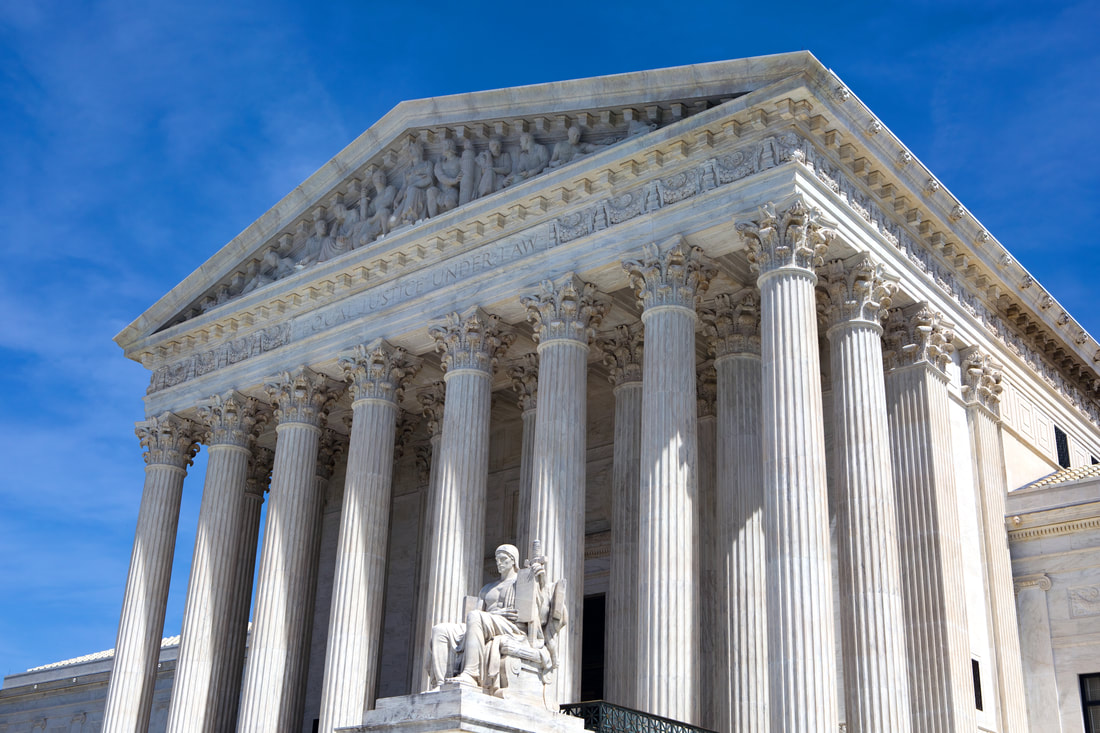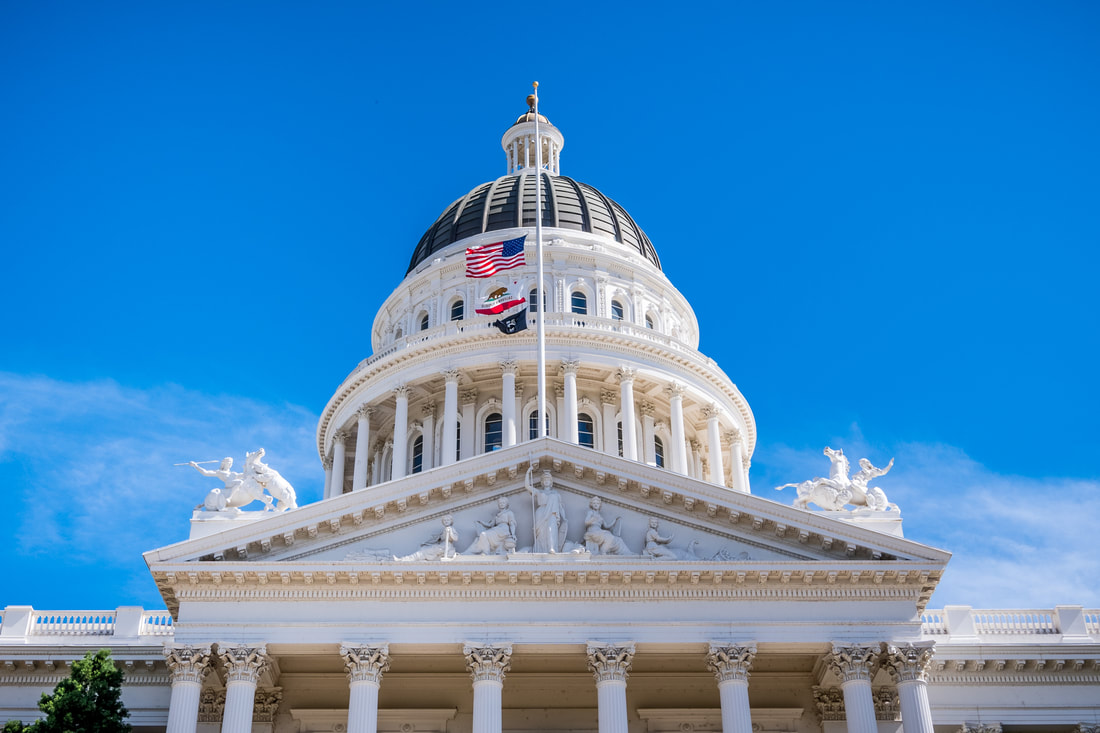|
2023 was a big year for California’s state legislature. From crime and healthcare to housing and schools, California’s legislators passed a bevy of new laws, including many that will significantly impact workers. Though some of these laws won’t be effective for a few more months, many have already taken effect. We discuss the most significant ones below.
Crackdown Against Noncompete Agreements California has long been a leader in the fight against noncompete agreements, which restrain worker mobility and suppress wages. With the passage of SB 699, however, the state has taken its fight to another level, making most noncompete agreements unenforceable “regardless of where and when the contract was signed” and “regardless of whether the contract was signed and the employment was maintained outside of California.” In practice, this means that out-of-state companies intending to enforce noncompete agreements against employees or former employees seeking work in California will be unable to do so, barring some exceptions. Unpaid Leave for Reproductive Losses SB 848 allows California’s workers to take up to five days of unpaid leave following a “reproductive loss event.” The law defines such events as “the day or, for a multiple-day event, the final day of a failed adoption, failed surrogacy, miscarriage, stillbirth, or an unsuccessful assisted reproduction.” The law also prohibits employers from retaliating against employees for taking reproductive loss leave. More Paid Sick Leave Due to the passage of SB 616, California’s workers now have the right to accrue and use up to five days (or 40 hours) of paid sick leave. The state’s workers were previously guaranteed a minimum of three paid sick leave days. Protections for Cannabis Users AB 2188 was actually passed after the 2022 legislative session but did not take effect until this month. The law prohibits employers from discriminating against individuals on the basis of cannabis use “off the job and away from the workplace,” with some exceptions. Similarly, a law from this past legislative session, SB 700, prohibits employers from requesting information from job applicants about their prior use of cannabis. The law also prohibits employers from using information obtained from an applicant’s criminal history about their prior cannabis use, with some exceptions. For more on the latest developments in employment law, visit our blog here. If you believe your employer may have violated workplace laws, click here to get in touch with our office.
0 Comments
 Earlier this month, a draft majority opinion striking down the landmark decision in Roe v. Wade was leaked to the public, causing widespread fear and leading to protests across the country. Though the draft decision has not yet been finalized, if Roe is struck down when the Supreme Court releases its final decision this summer, the effect would not only be calamitous for women’s reproductive health, but disastrous for American workers as well. If Roe is overturned, trigger laws in effect across 13 states would ban the procedure almost immediately in those states. An analysis by the Guttmacher Institute suggests that an additional 13 states might quickly follow suit and ban abortions as well. Under these circumstances, many workers would quickly suffer the brutal consequences of a post-Roe America. Overturning Roe would likely force many workers to travel out of state for abortion care. Workers who previously needed only a day or two of leave will likely need several additional days of leave time to travel out of state. The federal government does not require employers to provide any paid leave time to employees, meaning that many workers will not have any paid leave time to seek out-of-state abortion care. Although the Family Medical Leave Act (FMLA) guarantees employees the right to take up to 12 weeks of unpaid leave to care for a serious health condition that makes the employee unable to perform her job, it seems unlikely that needing to get an abortion would be covered. (Ironically, if a woman suffered serious complications from receiving an unsafe abortion, only then would she qualify for FMLA leave.) And, employers can require employees to provide a doctor’s note certifying the employee’s need to take FMLA leave. In states where abortion will be illegal, it is unclear how a worker would obtain this documentation. The lack of any federal laws guaranteeing leave time—paid or unpaid—means that many workers will have to choose between losing their jobs and being forced to carry an unwanted pregnancy. Many of these workers will be forced to have children, frequently without concomitant increases in paid leave or paid childcare, given that the US is the only wealthy nation in the world without a national guaranteed paid parental leave program. It is expected that these circumstances will precipitate a drop in women in the workforce, erasing many of the gender pay gap gains abortion protections helped give rise to over the past several decades. Even though the effects of a post-Roe workplace appear difficult to overcome, there will still be a role for corporations and employers to play to protect their employees. Employers in states that restrict access to reproductive health could add health benefits specifically to cover out of state abortion costs. Corporations such as Tesla, Citigroup, Yelp, Amazon, Apple, and Starbucks all have policies in place or have offered to cover some expenses for employees seeking abortions not offered in their home states. Teukolsky Law stands in solidarity with the workers that will be affected should the Court’s draft opinion become the law of the land. For a list of abortion funds and pro-choice groups to donate to, click here. |
AuthorLauren Teukolsky is the founder and owner of Teukolsky Law, A Professional Corporation. Archives
June 2024
Categories
All
|
Teukolsky Law, A Professional Corporation, represents clients throughout California. Ms. Teukolsky is admitted to practice in the State of California, as well as the United States Supreme Court, Ninth Circuit Court of Appeals, Northern District of California and Central District of California. Disclaimer.
Copyright © 2017
Copyright © 2017


 RSS Feed
RSS Feed